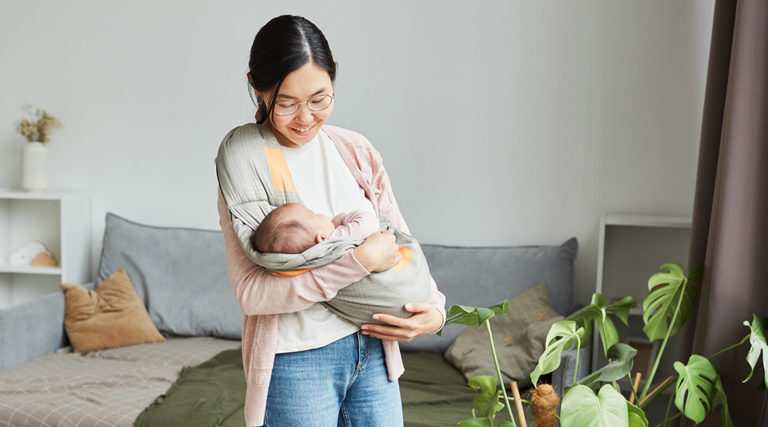Kids
Sleep Training Your Baby: The Importance of Sleep According to a Sleep Consultant
Himbing Sleep Consultant Maria Campos Lopez tells Modern Parenting about debunking sleeping myths and the importance of sleep training your baby.
Parents always emphasize the importance of sleep. Sleep, after all, recharges us after a long day in school or at work. But putting babies and children to sleep can be challenging, especially when they would rather play, go around the house, or simply throw tantrums.
A lot of parents have turned to sleep consultants to help them train their kids in sleeping. We spoke to Himbing‘s Maria Campos Lopez about her work as a sleep consultant and to share sleeping tips for kids.

Himbing’s beginnings in sleep training
In an interview with Modern Parenting, Maria shared that she lacked knowledge on the importance of sleep for children and had worries.
“As a first-time mom, I really did not know enough about sleep. When my first son did not sleep well, which caused his growth to plateau, my pediatrician introduced me to the concept of sleep training. And it was tough. But it worked out. I realized that for my child to sleep better, it was so much more than just sleep. It required a lot of knowledge about sleep—an age-appropriate schedule, routine, and consistency,” she said.
“When my first son finally slept well, I realized the importance of sleep and wanted to learn all that I could about it. So I pursued a certification to become a sleep consultant. To be honest, it was to make sure that when I had more children, I would know what to do about sleep from the start. As this happened, I learned that a lot of parents also struggle with sleep. So I started out by helping my mom friends who referred me to their other friends and from there, Himbing moved forward.”
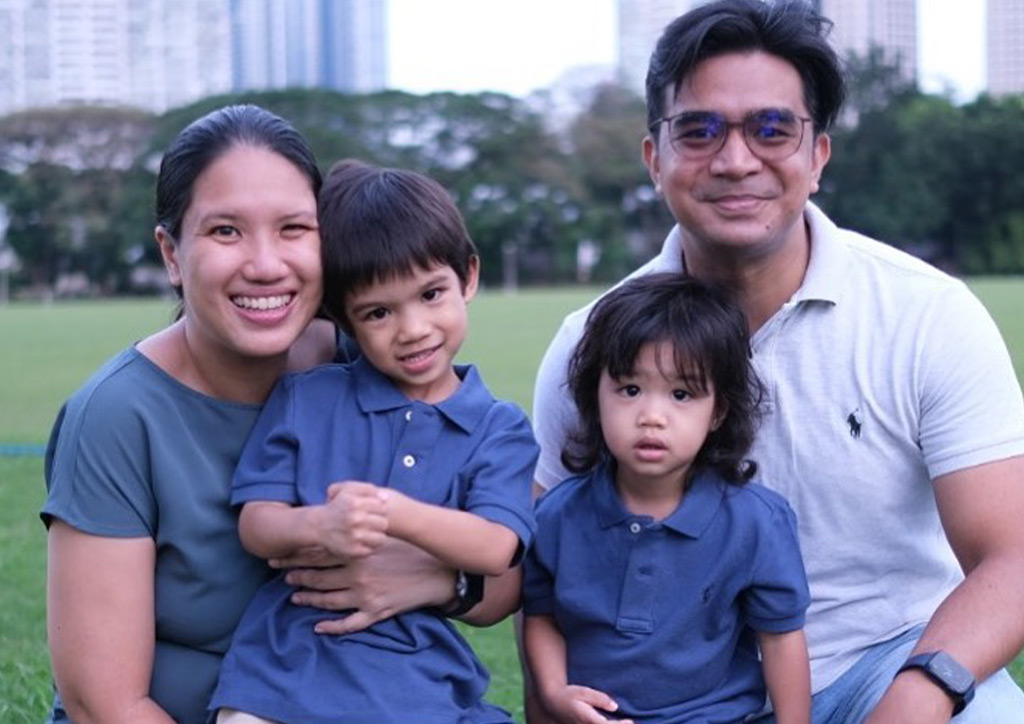
The challenges of putting kids to sleep
As a sleep consultant, Maria has talked to parents about the challenges they have in putting their kids to sleep.
“I think for parents, especially new parents, people warn you about never sleeping. But I don’t think you know how difficult it is until you actually have your child. And there are so many factors that may affect sleep. The problem here is that there is no “one size fits all” solution for sleep. We use science and we observe the child so we can find a system for sleep that promotes independent sleep and allows the child to sleep better,” she said.
Maria also admits there are a lot of myths that she talks about with new parents. “Other people will say they will learn to sleep or as they get older, the child will sleep better. Sometimes this is true but the way we sleep or fall asleep is a habit and a learned skill. So if a child is used to sleeping one way, for example with hele or dancing, this is what they will look for to sleep. Which then makes it harder as they get bigger.”
She also points out that timing is essential, which a lot of parents tend to miss.
“We often wait until a child is overtired to put them to sleep but once a child is overtired, it’s more difficult to put them to sleep! Also, a parent does not always realize how early an early bedtime is for babies. They need 11 to 12 hours of overnight sleep, so an early bedtime is generally between 6 to 7 pm.”
Parents’ role in sleep training babies
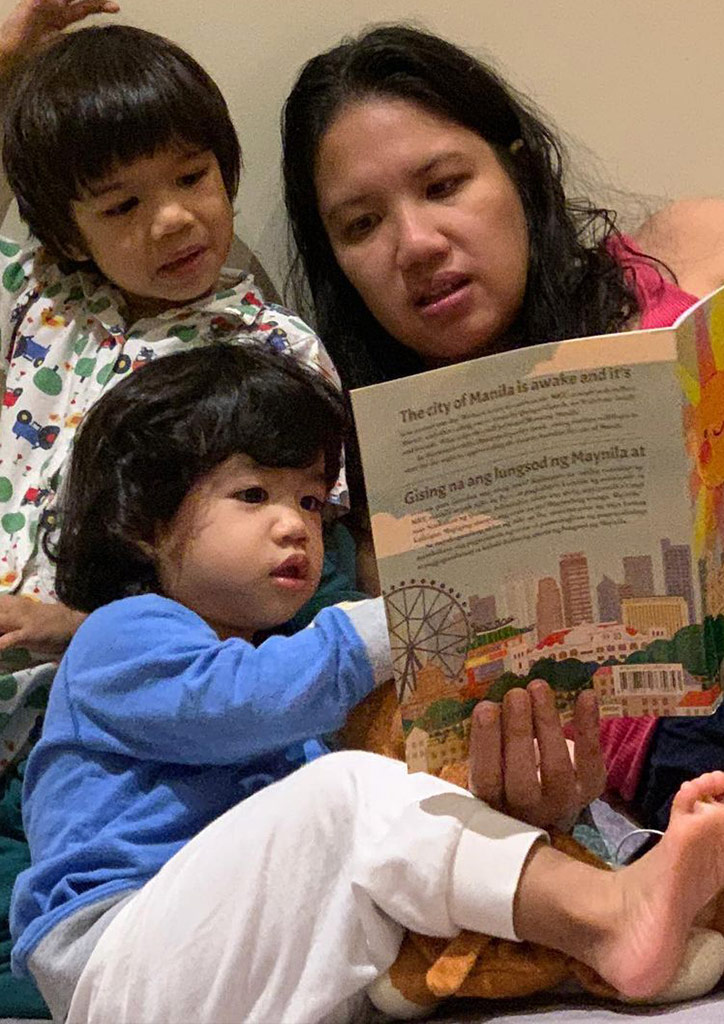
While parents often do the task of putting their children to sleep, Maria said that it’s the job of the kid to put him or herself to sleep.
“Parents usually always think that it is part of our job to put babies to sleep. It’s actually the child’s job to put themselves to sleep. They are capable of doing so. And it’s the parents’ role to help support them by giving them the right environment, schedule, and opportunity to learn to sleep,” she said.
She also stressed the importance of morning and afternoon naps.
“Naps are often overlooked. Naps also play a very important role in helping with night sleep. Quality naps that are the right length and the right time according to the child’s age will positively impact night sleep. Better naps equate to better night’s sleep.”
Maria also added that breastfeeding moms can put their babies to sleep contrary to what others say.
“Breastfeeding and sleep training go together. There is no need to wean from breastfeeding. It’s just a matter of timing and still promoting independent sleep.”
Sleeping tips
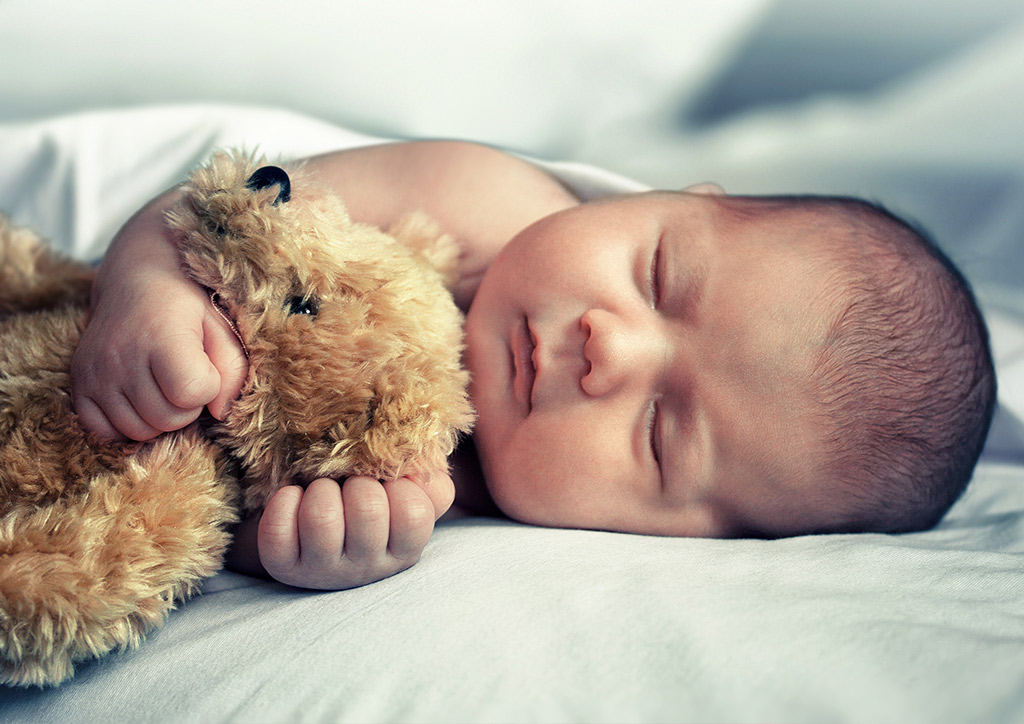
When it comes to sleeping tips for babies and kids, Maria said there is no right or wrong tip. Except there must be a system.
“I would say that when it comes to sleep, there would be no right or wrong way. But it has to be a system of sleep that works for your family. One which is sustainable and that allows both the child or children and the parents to sleep well. Meaning, everyone is happy with the system. And everyone is getting the required number of hours of sleep that is needed according to their age,” she said.
“For babies, there are definitely safe sleep guidelines which all parents should be aware of to prevent SIDS. So room sharing or the child in their own room is fine. As long as they are in their separate safe sleep space, which is a crib, playpen, or bassinet that has a firm mattress and a fitted sheet. Nothing else inside the crib except for the baby.”
When it comes to sleeping problems, babies or kids are just like adults in expressing their moods.
“Think of how you feel when you are tired as well. You are likely sluggish, in a bad mood, uncooperative, and short-tempered. We will also see these things in our babies. When a child hasn’t had enough sleep, they are usually cranky or tired or uninterested in learning.”
“Usually, a lot of the time before sleep training, many parents will tell me that the child is always complaining or easily bored and very difficult. I always answer, ‘Likely kulang lang sa tulog (they lack sleep), we will try to get them more sleep and you will see this change and it does.’ A well-rested baby is a happy and content baby. They are generally more flexible and eager to learn. For toddlers who start sleeping better, there is a great improvement in mood, no more tantrums, and they also eat better, too,” Maria said.
Sleep training can help
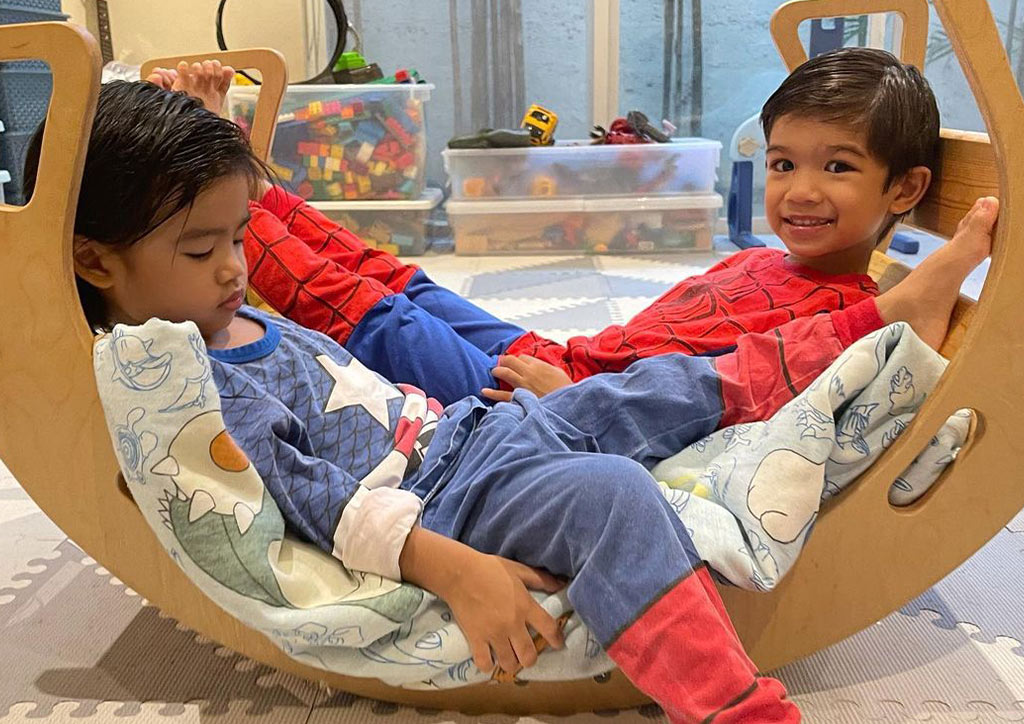
For Maria, sleep training is all about making the baby “independent” and can go back to bed by themselves after.
“The manner that they fall asleep is important because generally if we always help our child to fall asleep, then they will always need that help throughout the night. When a child can sleep independently at night, they will also be able to go back to sleep without any help or assistance from the adult. So this results in better sleep for everyone,” she said.
“I also like to refer to this as sleep learning—because we are not training the child to do anything. We are setting them up for success to learn how to sleep. More than that, this is actually parent training! I teach parents how to calmly respond to the child, rather than panic and react.”
Factors that affect sleep
To help babies and kids sleep, she reminded some factors such as if the environment is peaceful and calm, or dark enough.
“Some people need these to help them sleep better. A baby is no different. The environment is important. Then always check the timing to make sure that the child is not crying, cranky, or overtired. Also, make sure to have a proper routine in place. The order of things in preparation for sleep, and always using their crib or an older child’s bed will help support their learning for sleep.”
Overall, sleep training is also about being patient.
“The benefits of sleep for the baby’s physical, mental, emotional, and psychological health will far outweigh the few weeks of going through the sleep learning process. Sleep training is hard but sleeplessness is harder,” Maria finished.
Have questions about sleep? Check out these other articles:
Do New Moms Really Need a Sleep Consultant?
10 Tips for Parents to Get Proper Sleep
5 Easy Ways on How to Make Kids Sleep In Their Beds
